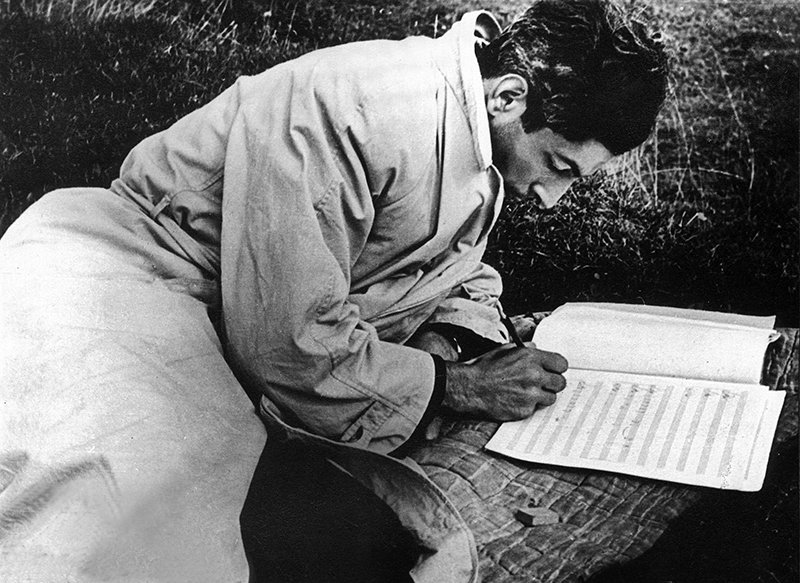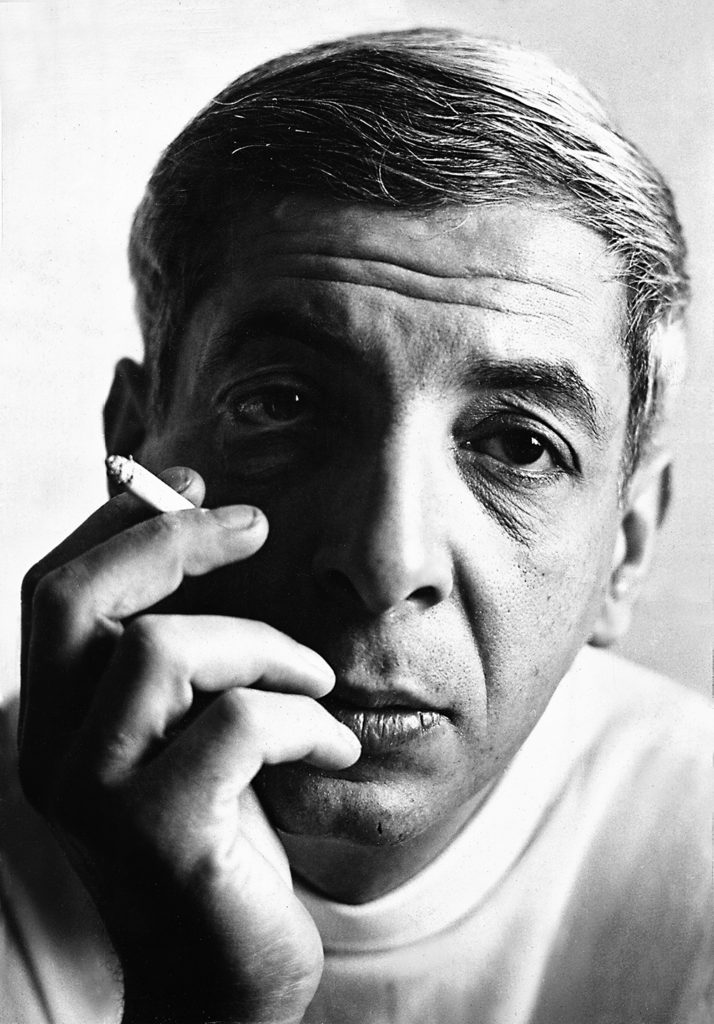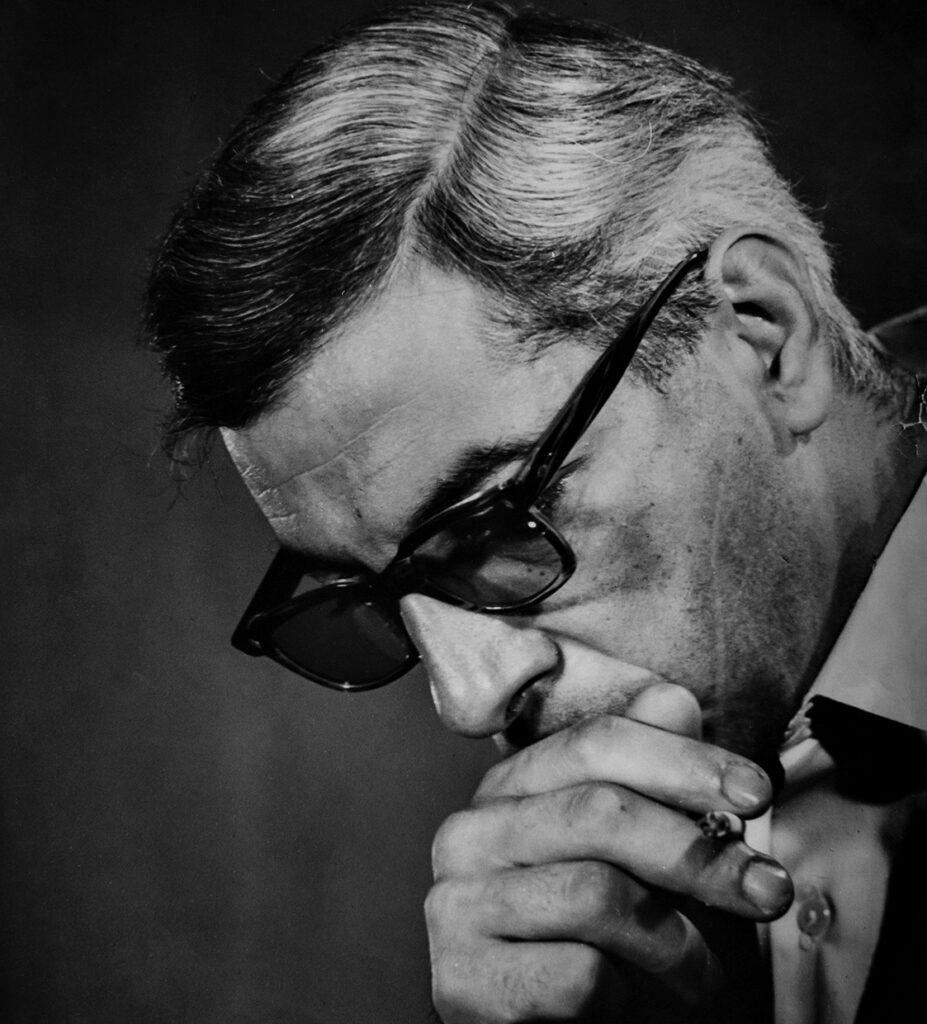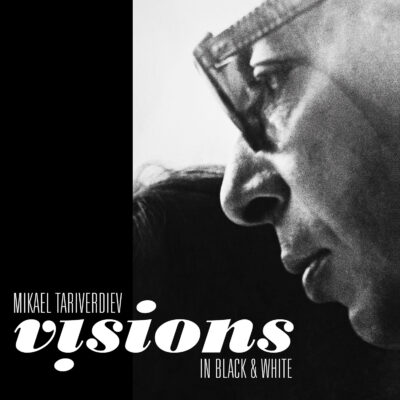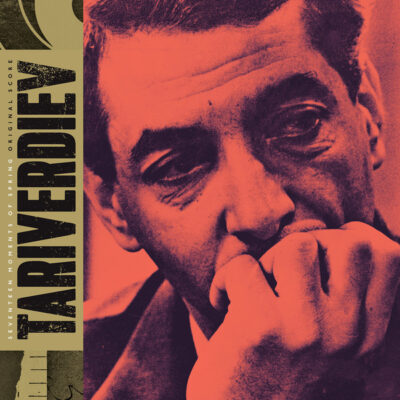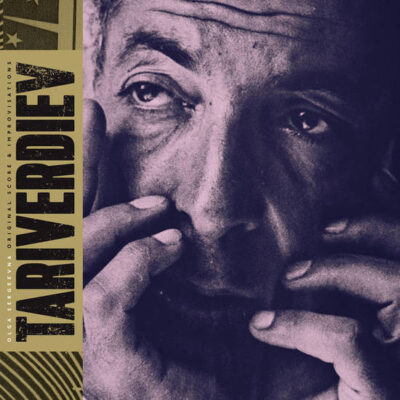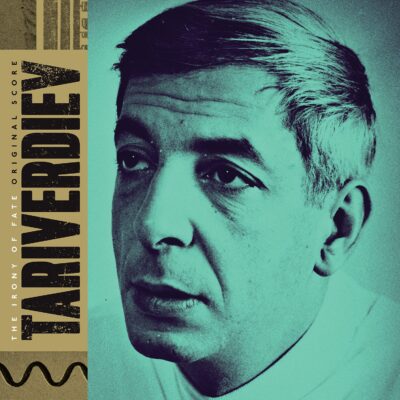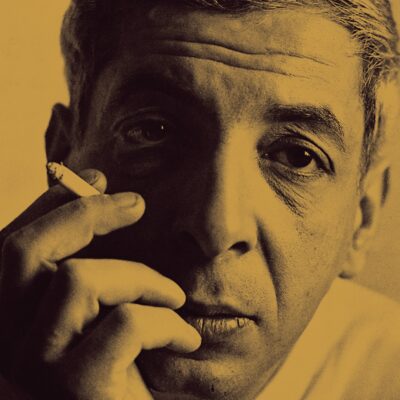Mikael Tariverdiev
Despite being virtually unknown outside of his native Russia, composer Mikael Tariverdiev was nothing if not a tour-de-force. His repertoire includes scoring for successful cult TV films ‘Seventeen Moments Of Spring’ a 1973 twelve-part Soviet television series based on the novel of the same title by Yulian Semyonov and the romantic comedy ‘The Irony Of Fate’ (1976).
Photos
Photos
Biography
Despite being virtually unknown outside of his native Russia, composer Mikael Tariverdiev was nothing if not a tour-de-force. His repertoire includes scoring for successful cult TV films ‘Seventeen Moments Of Spring’ a 1973 twelve-part Soviet television series based on the novel of the same title by Yulian Semyonov and the romantic comedy ‘The Irony Of Fate’ (1976), one of the most famous and popular Soviet television productions ever made. Tariverdiev came to public attention by working with his lifelong friend, the director Mikhail Khalik on the coming-of-age film ‘Goodbye Boys’ (Dosvedanya Malchiki) in 1964. Although cinema and music was the root of Mikael’s passion he also enjoyed creating alternative styles of dialogue with his audience; choosing to go against the formality of the Soviet musical academic establishment.
Tariverdiev scored over 130 films during his lifetime, also writing classical music for more than a hundred romances, ballets, operas and chamber vocal cycles. He received many awards for his work including 18 international prizes; the American Music Academy’s Award (1975), three Nika Awards for the best film scores of the year, USSR State Prize (1977), the Lenin Konsomol prize (1977) and the title of People’s artist of Russia (1986). Aside from writing music he also went on to be Head of the Composers’ Guild Of Soviet Cinematographer’s Union.
Earth Recordings’ work in bringing this seminal composer’s particular genius to the fore has garnered universal praise, with The Guardian proclaiming him to be like a “Surf Rock Shostakovich”.
“Like Surf-Rock Shostakovich… think a Soviet Gainsbourg whose vowel sounds will convince you that Russian is the only language for singing about love” The Guardian
